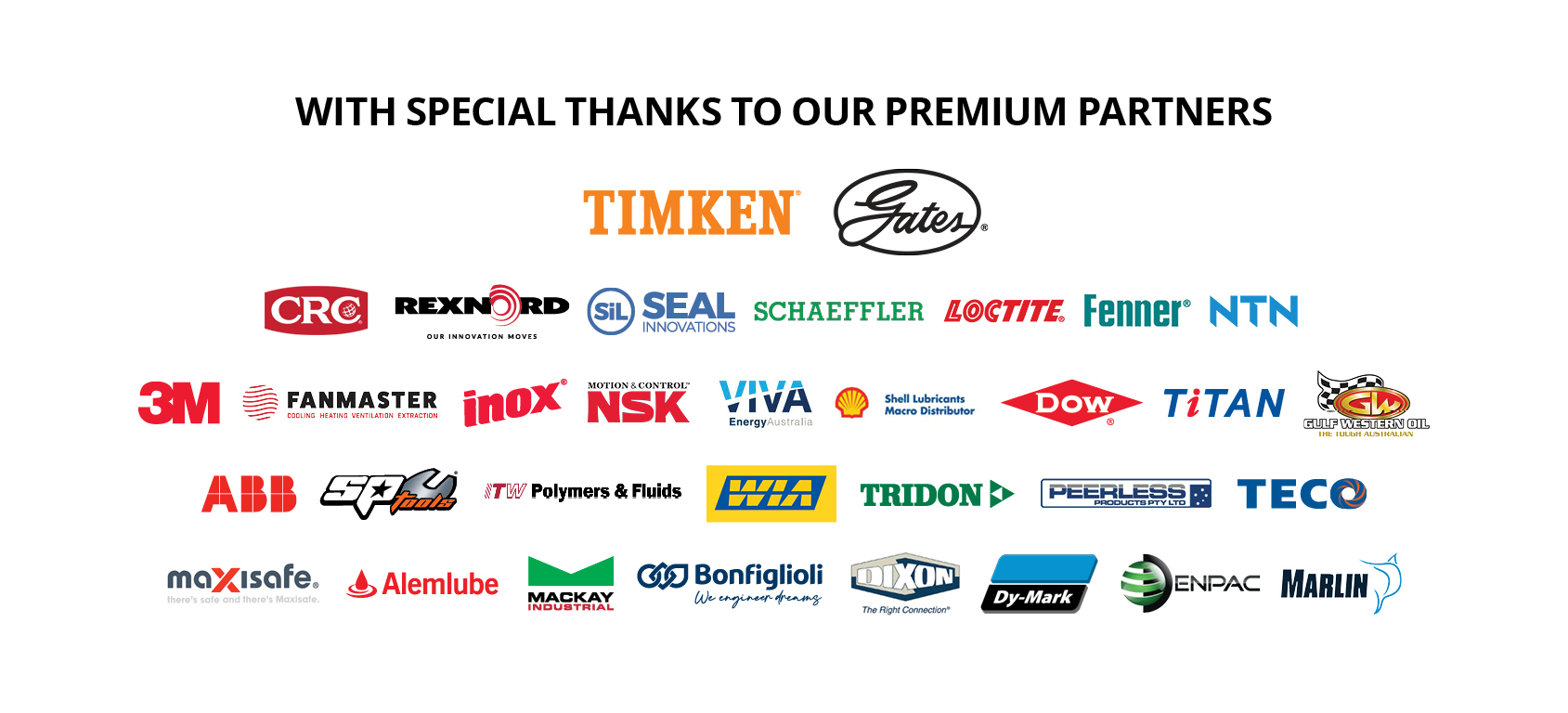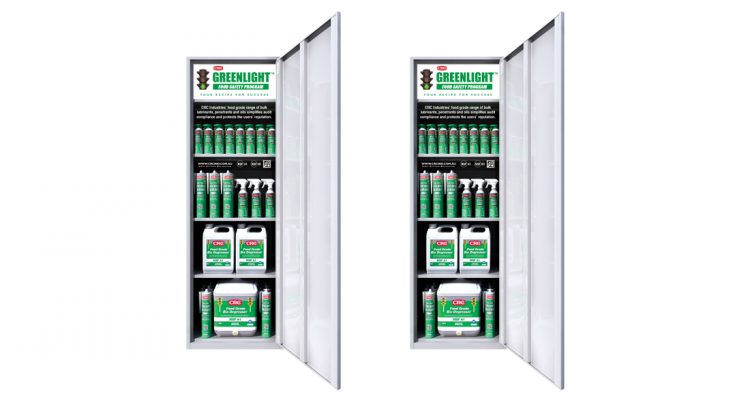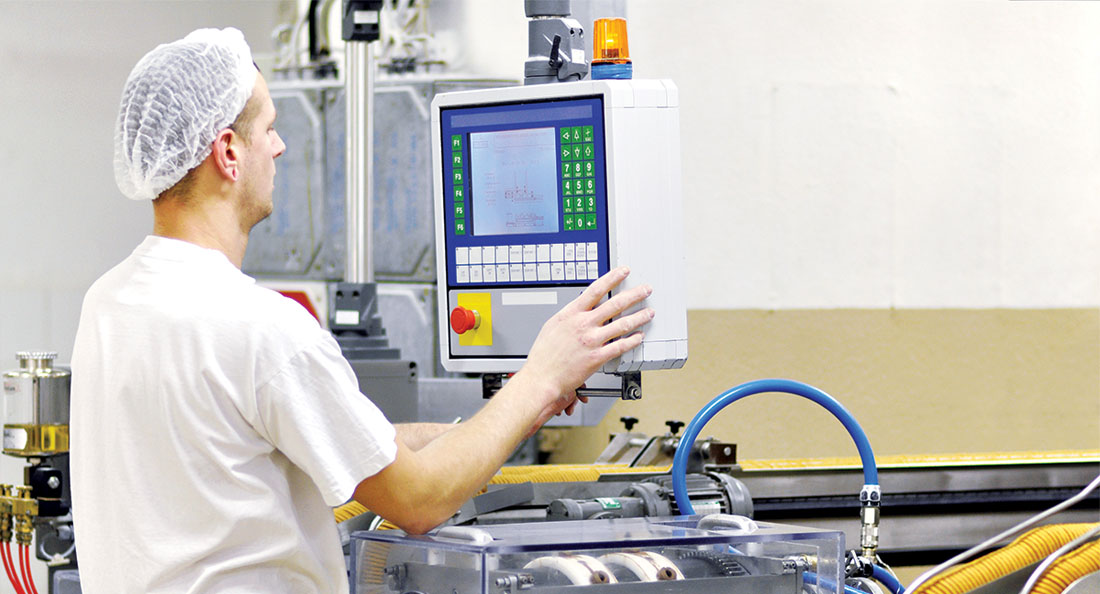Food suppliers in Australia are under increased pressure and scrutiny to ensure they are compliant with food safety standards. To prepare for auditing, companies not only need to make sure their maintenance products are NSF H1 compliant, but that they have acceptable food safety identification and risk reduction programs, as well as adequate documentation of onsite chemical and cleaning processes, in place.
Such was the situation with an Australian biscuit manufacturer, who was looking for a holistic solution that would combine food grade lubrication and cleaning products with an audit compliance program that would also align with their existing onsite processes.
As a long-standing customer of BSC, and one who already used CRC food grade lubrication products, BSC Sales Representative Fady Elchab noted the customer might benefit from the CRC GREENLIGHT Food Safety Program. He collaborated with CRC National Business Development Manager, Peter Oudomvilay, and Iain Faber, National Industrial and Food Grade MRO Chemicals and Lubrication Channel Manager, to propose a solution. It proved to be an excellent fit.
“The customer was looking for food grade lubricants and chemicals for their workshop, but as a well-known manufacturer, were also under a lot of scrutiny regarding food safety. Every food safety audit, they needed to ensure all their lubricants were compliant,” explains Peter. “Fady identified that the customer needed a better food safety program for their chemicals and cleaning. As the CRC GREENLIGHT encapsulates both the right products for hygienic measures, as well as the processes required to deliver a compliant food safety program, we engaged with the manufacturer to take up this program.”
Initially, the manufacturer trialled the program and products to see if they were compatible with their existing onsite processes, as well as effective for their particular use and application.
“When they identified the program was suited to their application and had no issues aligning with their onsite processes, they rolled it out to the rest of the plant,” says Peter.
Moreover, the CRC products that were in use – which included chain lube, machine oil, penetrating oil and a bio-degreaser – were covered by the GREENLIGHT program, making the adoption of the program a seamless one. The customer further embraced the bio-remediating technology and maintenance compliant CRC SmartWasher into their process as well.
“The CRC GREENLIGHT program makes identification of compliant products easy and ensures proper product usage through detailed training and extensive documentation,” he explains. “This system will not only aim to reduce cost, inventory duplication and invoicing but will also maximise regulatory compliance. Other safety measures include aerosol labels with QR codes as well as cap and nozzle materials which are designed to be picked up by x ray and visual systems if dislodged during food production and on processing lines.”
The CRC GREENLIGHT program involves the following steps:
- Inventory assessment on site for compatibility to applications and environment
- Identification, offering of CRC range of NSF H1 compliant maintenance products
- Visual food safety identification program through wall/ cupboard signage, posters, printed materials and storage cabinet for food grade lubricants/ chemicals only
- Onsite staff training on the risk reduction program
- Ongoing updates to ensure customers remain at the highest level of regulatory compliance
Iain notes that the CRC GREENLIGHT program meets global standards, not just Food Standard Australia & New Zealand (FSANZ). The program aligns with global regulation on 25 allergens, including the more recently added lupin allergen.
“This means we are not only able to service the Australian markets, but able to open ourselves up and provide that supporting documentation to a lot of export businesses,” he enthuses.
Back in context to the biscuit manufacturer, Peter says the CRC GREENLIGHT program has gone “beyond customer expectations.” This is a result of CRC’s commitment to due diligence with its allergen testing and certification, alongside the relationship that the customer has with BSC. It is through this partnership that an effective solution was implemented to enhance the safety standards at their manufacturing facility.
“The reason we are at the forefront of this program is because we take it so seriously,” Peter concludes.




